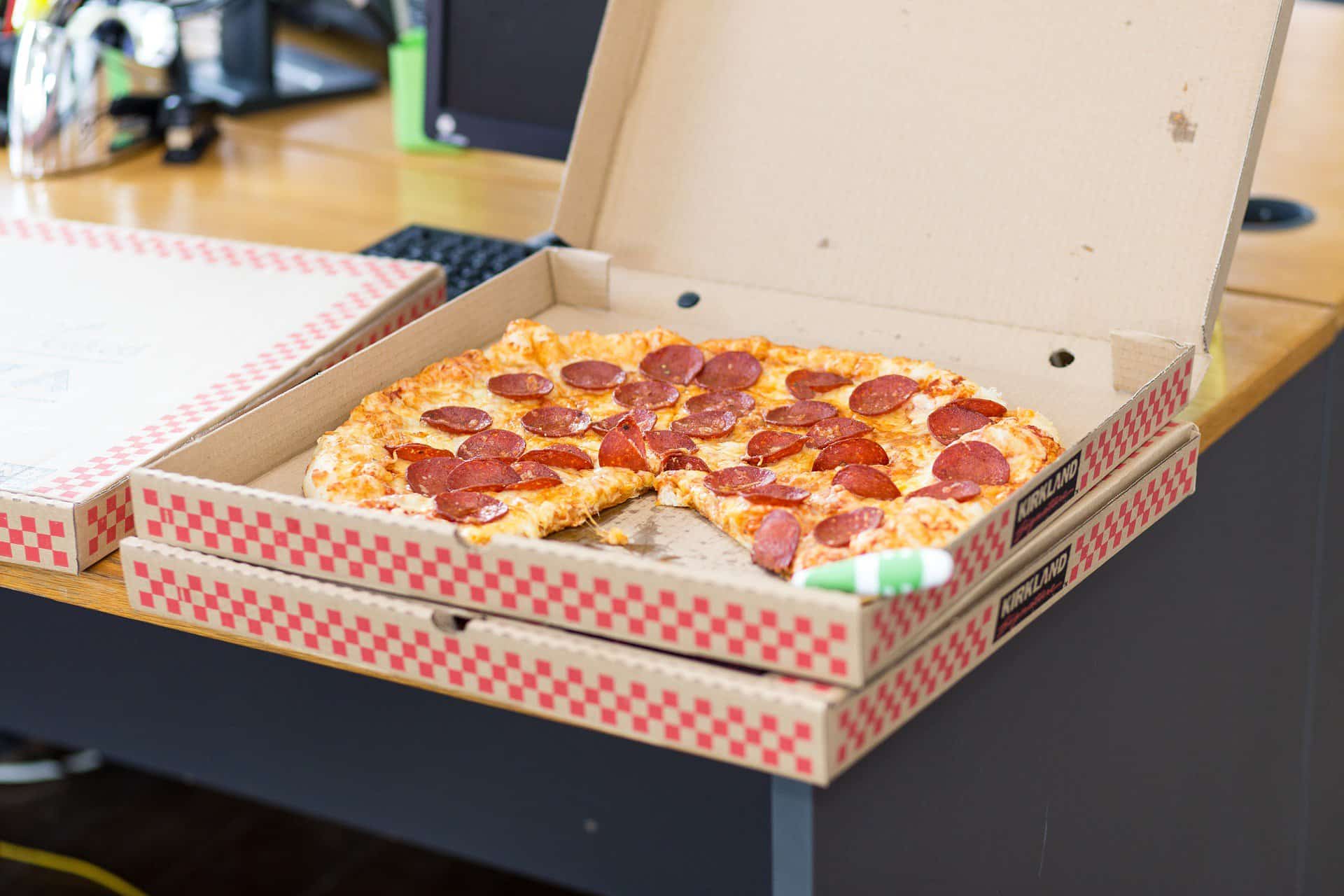Nowadays it seems like the #CleanEating movement has swept the nation. While we aren’t into labeling foods as “clean” and “dirty” or “good” and “bad,” we are into eating whole, unprocessed foods most of the time.
Not only are whole foods more nutritious, but unlike processed foods, they can also keep your portions in check.
We’ve put the top 3 reasons processed foods are making you eat more:
1. They make you crash…
Processed foods are high in refined sugars. Refined sugars are quickly broken down in your body, causing a huge spike in your blood sugar. The quicker the spike, the quicker the crash. When you crash, need.food.STAT.
Ever feel hangry less than an hour after noshing on a donut? Exhibit A.
What do you do when you’re hangry? You typically grab something quick and easy — a pick-me-up to give you a boost of energy. That ‘thing’ is usually another processed food. Yup, it’s a vicious cycle.
2. They skew your cues…
When foods are processed, they’re typically stripped of a number of essential nutrients — water, fiber, vitamins, and minerals. Then, lots of salt, sugar, fat, and additives are added to the mix. This makes processed foods calorie-dense but not nutrient-dense.
Fiber and water are satiating. Take them out of the equation (*cough cough* processed foods) and you’ll need to eat a lot more to feel full. This means you can eat a lot more calories of processed foods. That’s why you could probably eat a Big Mac without batting an eye. But if you tried to eat 70 brussel sprouts, you wouldn’t survive, even though the two have the same amount of calories.
Processed foods are highly palatable (read: delicious). When food tastes good, it’s a lot easier to tune out your hunger and fullness cues. Ever feel full after a just a few bites but still polished off that piece of cake anyways? It was just.too.good. Chances are you haven’t felt sick after overindulging in cucumbers. Your body told you it was satisfied and you listened.
3. They’re really rewarding!
While “food addiction” still isn’t officially a diagnosis (though it is a definitely a buzzword these days), there’s a growing body of evidence that food (specifically processed food) can produce addictive-like patterns and behaviors including unsuccessful attempts to ‘quit,’ increased tolerance over time, symptoms of withdrawal, and preoccupation with obtaining these foods.
Real results with a personalized weight loss program
Take the quiz!

Other clinical studies also show that eating (or even seeing) foods that are high in salt, sugar, and fat (read: processed foods) activate the region of the brain associated with rewards, pleasure, cravings, and more. Rewards reinforce behaviors. When repeated over time, behaviors become habits.




